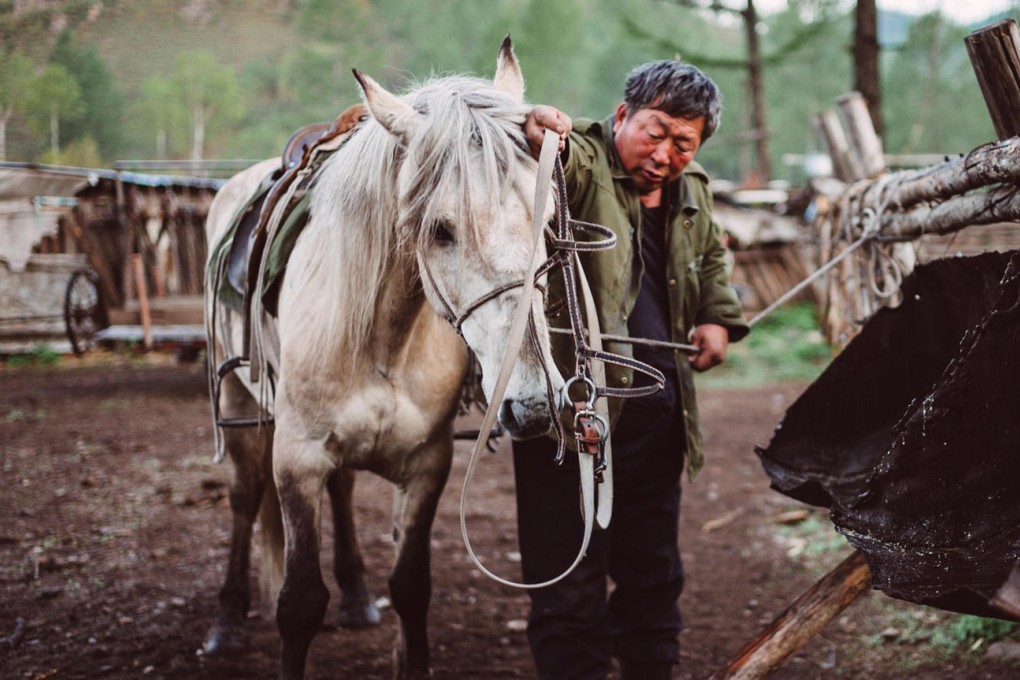China's reindeer people: a Hongkonger helps revive lost way of life
Nomadic hunter-gatherers, the Orochen of China's forested northeast were brutally assimilated in the mid-1960s. Hing Chao sees progress in race against time to guard what's left of their heritage

For centuries, the remote Khingan mountains were home to the nomadic Orochen, or reindeer people, who roamed an area roughly the size of Austria. In the boreal forests in today's Inner Mongolia and Heilongjiang province of northeastern China, these hunter-gatherers lived in groups of no larger than 50, tending reindeer before they acquired horses.
The Orochen lived a simple life in harmony with the land, making clothing from animal hides, particularly reindeer, which also served as covers for their conical tents. In the summer, they draped the tents in birch bark, a material for which they found many uses, including utensils and canoes.

In the early 1950s, after the founding of the People's Republic of China, the government sought to bring the Orochen into the socialist fold and began a campaign to settle the nomads in villages. Life went on largely as before, however, until the Cultural Revolution erupted in the mid-'60s. A brutal campaign of assimilation and "modernisation" led to leaders being lynched, weapons seized and the Orochen's animistic beliefs repressed. Migrants from cities were sent in droves to tap the Orochen's native forests, which were rich in timber and gold.
More than 50 years on, almost nothing remains of their traditional way of life, says Chao Sih-hing, who established the Orochen Foundation in 2004 to preserve and revitalise the culture of the people, who are among the smallest of China's 56 recognised ethnic minority groups.
"They're all settled now, so there are virtually no camps in the wild any more," says the businessman, better known as Hing Chao. "We know old people who have 'farms' in or close to the forest, or who still go into the forest from time to time to gather and hunt, but these are really a handful of people. For the majority, the way they live today has very little bearing on their past whatsoever."
Confinement in settlements for decades resulted in high rates of suicide and alcoholism among the Orochen. With no direct connection to their elders' hunter-gatherer ways, the younger generation either leave to seek employment elsewhere or stay and work for the government, Chao says. Some villages have benefited from agricultural policies that grant residents land. Farming being an alien concept to the Orochen, they tend to lease it out.